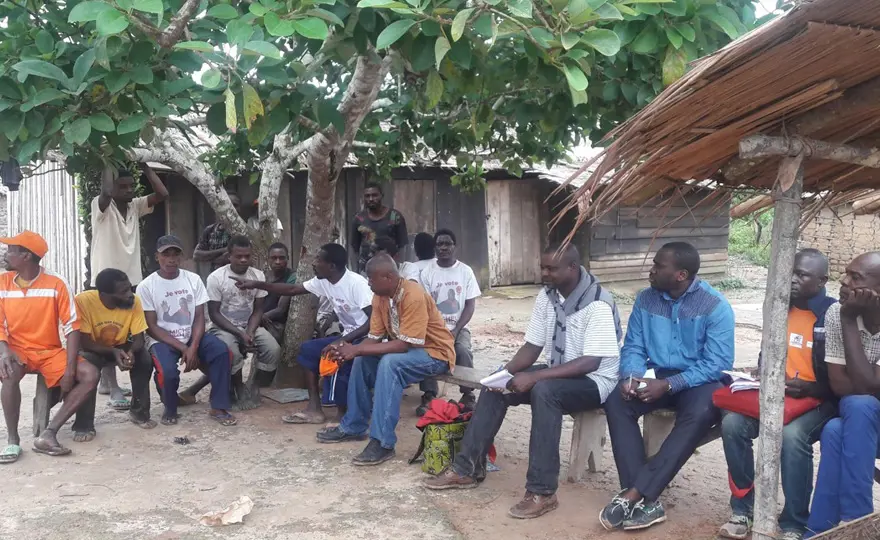ClientEarth Communications
26th September 2019


Community forestry can help secure environmental, social and economic benefits by improving forest management and community livelihoods. Our lawyer, Tanja Venisnik, says clear and coherent laws are key to successful community forestry.
She recently launched a policy briefing following the conclusion of a project involving NGOs collaborating for equitable and sustainable community livelihoods in Congo Basin forests (CoNGOs).
The briefing points at five priorities that decision-makers in the Republic of Congo (RoC) should be addressing while developing the country’s first legal framework on community forestry:
• Recognising land and forest tenure rights;
• Ensuring accessible forest-allocation processes;
• Laying down principles for community governance;
• Providing community forest-management rules; and
• Guaranteeing mechanisms to ensure benefits are shared fairly.
Tanja said: “Decision-makers in the RoC have a unique opportunity to design laws providing people simple and effective access to community forests - with clear and coherent rules on how to create and manage forests, share benefits and resolve disputes.”
“Good laws are born out of good process. A broad range of stakeholders, including local and indigenous communities, should take part in designing the community forestry framework.”
The Forest Code is currently under discussion in the Congolese Parliament. Once it is adopted, RoC’s forest reform will only be half way. A range of operational texts will still need to be adopted in order to ensure that community forestry works in practice.
Tanja added: “The current legal reform in RoC will allow communities to play a greater role in managing and protecting their forests. This could help safeguard precious Congolese forests, part of the second-largest tropical forest mass in the world (after the rapidly disappearing Amazon), and the carbon they store. It could also help secure the rights and livelihood of forest-dependent communities and boost local development and employment. But for community forestry to live up to its potential, it is critical that the law truly empowers communities.”
The recent IPCC report on land adds to growing evidence showing that communities have a key role to play in the fight against climate change given that they informally manage about 20 per cent of the carbon stored in rainforests. It also constitutes a powerful argument for stronger forest-dependent communities’ rights over lands and forests.
International development partners and donors also have a role to play to ensure the success of community forestry in the RoC that is so essential to preserve forests. They should provide further technical and financial support for designing but also implementing community-driven forestry. Funding should also support strategies and projects that fully respect the rights of local and indigenous communities and their members.
ClientEarth recommendations, Republic of Congo: five priorities for developing community forestry laws, result from legal analyses and consultations carried out throughout the DFID-funded CoNGOs project.